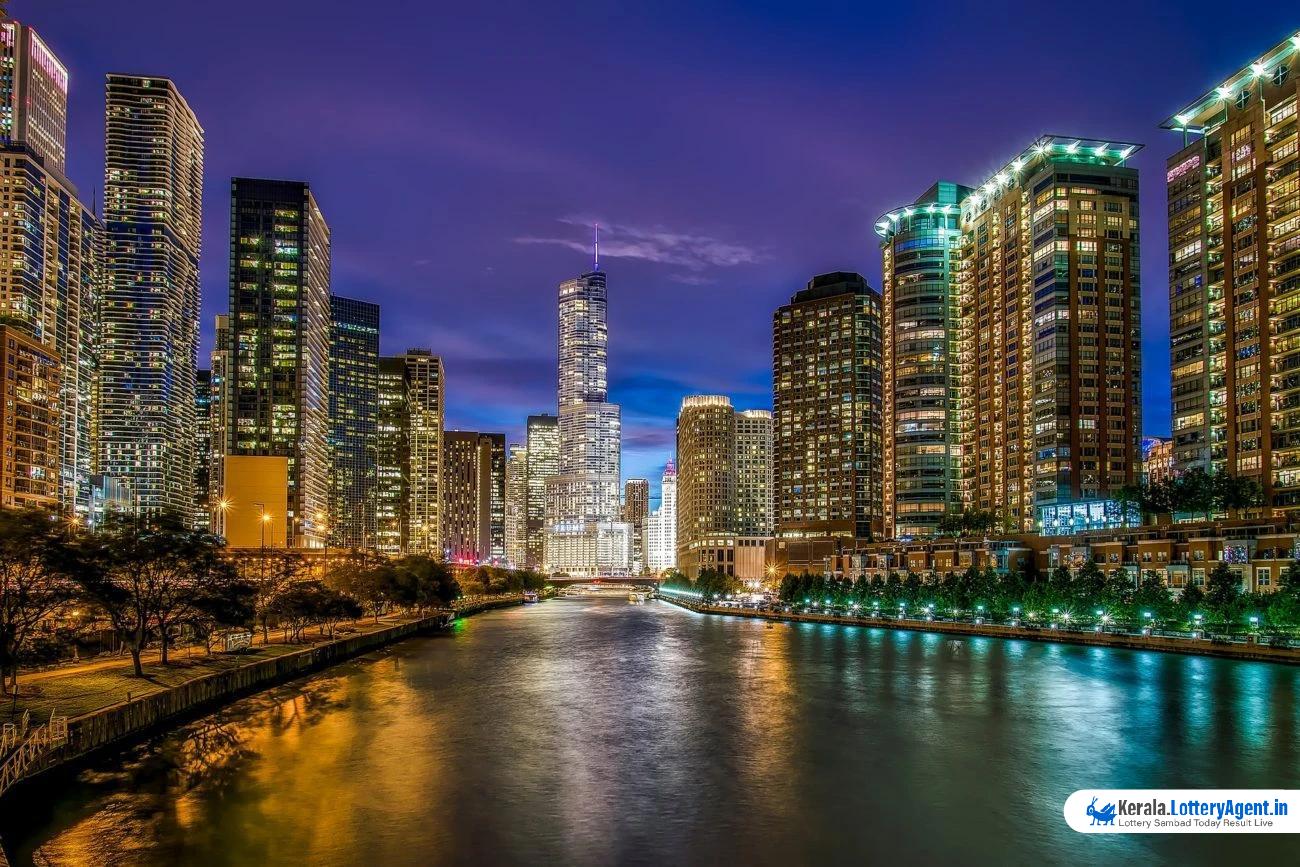
On the surface, raising the sports betting tax rate in Illinois appears to be a prudent move to bolster state revenue. However, various stakeholders warn that unintended consequences could negatively impact consumers. During the recent house budget debate, a Republican representative added a line in appropriations for funds meant to address what he described as the Democrats’ unchecked “spending addiction.”
The budget bill has now landed on Governor J.B. Pritzker’s desk, setting the stage for his likely endorsement. According to industry insiders, once Pritzker signs the bill, Illinois bettors will face an unfortunate reality.
“Players are probably going to see fewer promotions, and that is not good for the consumer,” Shawn Fluharty, a West Virginia lawmaker and government affairs chief for Play ‘n Go, commented to iGB. “It could also affect the betting lines, another downside for consumers. Additionally, some operators might be forced out of the market, which reduces choice, further disadvantaging the consumer.”
The idea of a progressive tax-rate emerged in late May. The Senate amended and passed the house budget bill on May 26. Just two days later, the House concurred on a FY2025 budget that incorporates $700 million in tax hikes. The bill must reach Pritzker within 30 days of this passage.
The push for a tax hike originated from Governor Pritzker, who earlier in the year floated the idea of increasing the sports betting tax rate from 15% to 35%. Eventually, some operators could face an even larger increase.
The budget proposed by the general assembly features a graduated tax rate based on adjusted gross revenue (AGR). This new structure delineates retail and digital AGR, meaning in-person bets at physical sportsbooks will be taxed separately from digital wagers. In 2023, no brick-and-mortar sportsbook in Illinois reached an AGR of $30 million, so future taxation will likely fall at the 20% rate. What remains uncertain is whether operators will pay a blended or single rate once AGR surpasses $30 million. Seven out of the state’s eight digital platforms exceeded $30 million in AGR last year, prompting questions about how the first $30 million of AGR will be taxed versus amounts exceeding $50 million.
On the digital front, prominent platforms like DraftKings and FanDuel will face substantial tax hikes. DraftKings posted a $350 million AGR, while FanDuel boasted $421 million for FY2024. Under the new framework, both will be taxed at 40%, representing an over 140% increase. None of the other operators had AGR surpassing $100 million, but they too will see tax burdens rise up to 100%.
The Sports Betting Alliance (SBA)—which includes BetMGM, DraftKings, Fanatics, and FanDuel—issued a strong statement criticizing the new tax rates. “It’s also a subsidy to bookies and the illegal market: regulated operators have only just begun to chip away at Illinois’ illicit sports betting scene.
. Worse odds, fewer promotions, and inferior products give illegal offshore market apps a significant competitive edge since they don’t pay taxes. Steering customers back to unsafe bookies and illegal offshore operators will result in less—not more—tax revenue for Illinois in the long run,” the SBA declared.
Illinois’ lawmakers are not alone in this approach. In the previous summer, Ohio Governor Mike DeWine spearheaded a move to double the state’s wagering tax from 10% to 20%. Meanwhile, New Jersey’s lawmakers are contemplating an increase from 13% to 30%, and Massachusetts lawmakers recently rejected a proposal to hike taxes from 20% to 51%.
The tiered tax system is seen as a balanced approach to ensure tax hikes do not stifle competition in Illinois’ online sports betting market. The rapidly evolving regulatory landscape could deter operators from committing to particular states. “Operators need to budget well when entering a new state,” Brian Wyman of Innovation shared with iGB. “Seeing the tax rate jump from 15% to 35% makes it impossible for operators to pay fair prices to suppliers and licensing fees. If regulatory conditions are volatile, it’s a poor business environment. We’re likely to see a backlash from other states seeking to attract these operators.”
Illinois operators have already borne hefty licensing fees—costing up to $10 million to operate tethered to a casino or professional sports venue.
Amid Illinois’ budget negotiations, reports surfaced that DraftKings and FanDuel might reconsider maintaining operations in the state. Since sports betting was legalized in 2019, Illinois’ regulatory stance has often appeared obstructive. For instance, the 2019 law included three $20 million stand-alone mobile licenses for companies without a retail footprint, leading to an 18-month waiting period for these firms, unlike those tied to casinos.
At the time, neither DraftKings nor FanDuel had a substantial presence in brick-and-mortar sportsbooks. Nevertheless, both invested heavily to comply. Today, there is a DraftKings-branded sportsbook at Chicago’s Wrigley Field and a FanDuel-branded one at the United Center. DraftKings also operates a retail sportsbook at the downstate Casino Queen, while FanDuel has another location at Fairmount Park.
Industry experts like Wyman suggest lawmakers should ideally favor companies investing in the state. Yet, Illinois is not alone in this regulatory predicament. When Maine legalized sports betting, its two casinos were excluded in favor of the state’s four Indian tribes.
A significant concern, highlighted by the SBA, is whether Illinois’ tax hike will drive bettors back to the black market. Operators have long maintained that limiting betting options sends consumers in search of better deals in illegal markets. “Increasing tax rates when new entrants are vying with illegal offshore sites merely sustains that illicit market,” American Gaming Association SVP for government relations Chris Cylke stated via email. “As regulations evolve, policymakers must craft markets that emphasize innovation and competition. This aims to amplify the industry’s progress in moving bettors from the illegal to the legal market without jeopardizing that advancement.”












